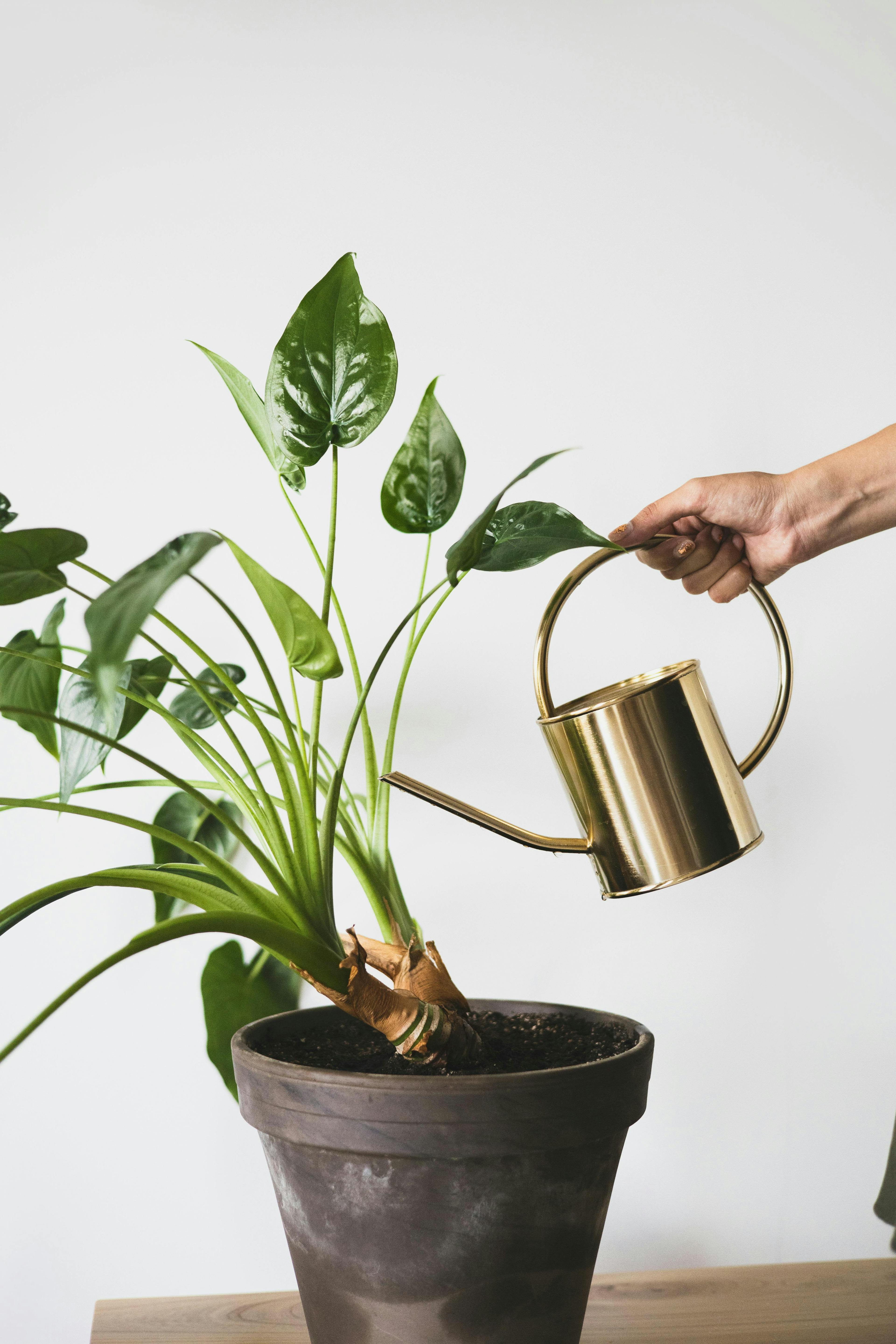Watering Wisdom: Tips for Healthy Plant Hydration
Proper watering is crucial for the health of your plants. Whether you're a seasoned gardener or a beginner, understanding the nuances of plant hydration can make a significant difference in the vitality and growth of your plants. Here are some expert tips to help you master the art of watering.
1. Know Your Plants' Water Needs
Different plants require different amounts of water. Grouping your plants by their watering needs can make it easier to care for them efficiently.
- Succulents and Cacti: These plants thrive on minimal water. Allow the soil to dry completely between waterings.
- Tropical Plants: Such as ferns and alocasias, prefer consistently moist soil.
- Seasonal Variations: Be aware that water requirements may change with the seasons.
2. Check the Soil Before Watering
Over-watering is just as harmful as under-watering. Use your finger or a soil moisture meter to check the moisture level of the soil.
- Dry Soil: If the top inch of the soil is dry, it’s usually a good time to water.
- Moist Soil: If it feels damp, check back in a day or two.
3. Water Deeply but Infrequently
Deep watering promotes healthy root growth. Instead of shallow daily watering, aim for a thorough soak that reaches the roots.
- Example: For potted plants, continue to water until you see excess water drain out of the bottom of the pot.
4. Use the Right Watering Tools
The right tool can make a big difference in how effectively you water your plants.
- Watering Cans: Great for small to medium-sized plants or indoor plants.
- Hose with a Water Breaker: Ideal for outdoor gardens to avoid soil erosion and ensure gentle watering.
- Drip Irrigation Systems: Excellent for consistent, automated watering, especially in vegetable gardens.
5. Consider the Time of Day
Watering at the right time of day helps ensure the water goes to the roots and does not evaporate too quickly.
- Early Morning: Best time as it allows water to reach deep into the soil and be available to the plants throughout the day.
- Avoid Evening Watering: Can lead to fungal diseases due to moisture sitting on the leaves overnight.
6. Adjust According to Weather
Weather conditions play a significant role in watering practices.
- Hot, Dry Days: Might necessitate more frequent watering.
- Rainy Days: Scale back on manual watering to compensate for natural precipitation.
7. Mulching Helps Retain Moisture
Applying a layer of mulch around your plants can help retain soil moisture and reduce the frequency of watering.
- Organic Mulches: Such as bark or straw not only retain moisture but also improve soil quality as they decompose.
Shop Plant Indoor Pesticide Now
Conclusion
Understanding the specific needs of your plants and adjusting your watering techniques accordingly can lead to healthier, more resilient plants. Remember, effective watering is more about precision and observation than about sticking to a rigid schedule.
For more personalized advice on plant care or any other inquiries, feel free to chat with Mavyn GPT or connect with one of our human experts at Mavyn. We’re here to help you grow your green thumb!
